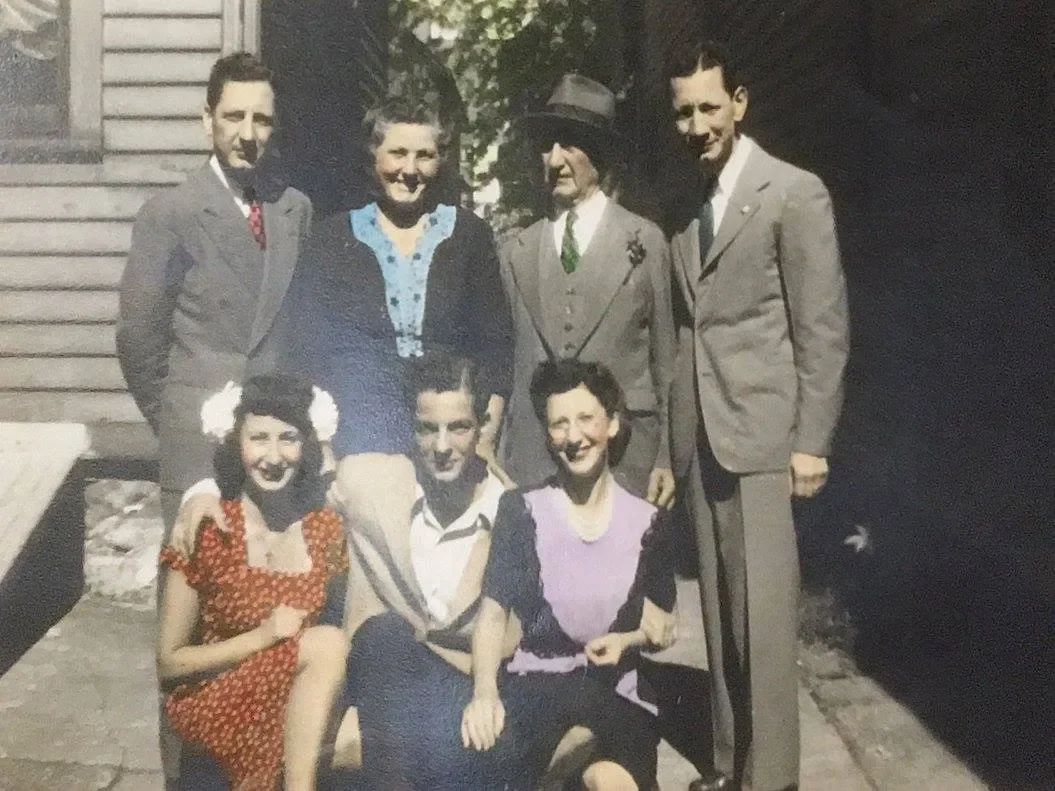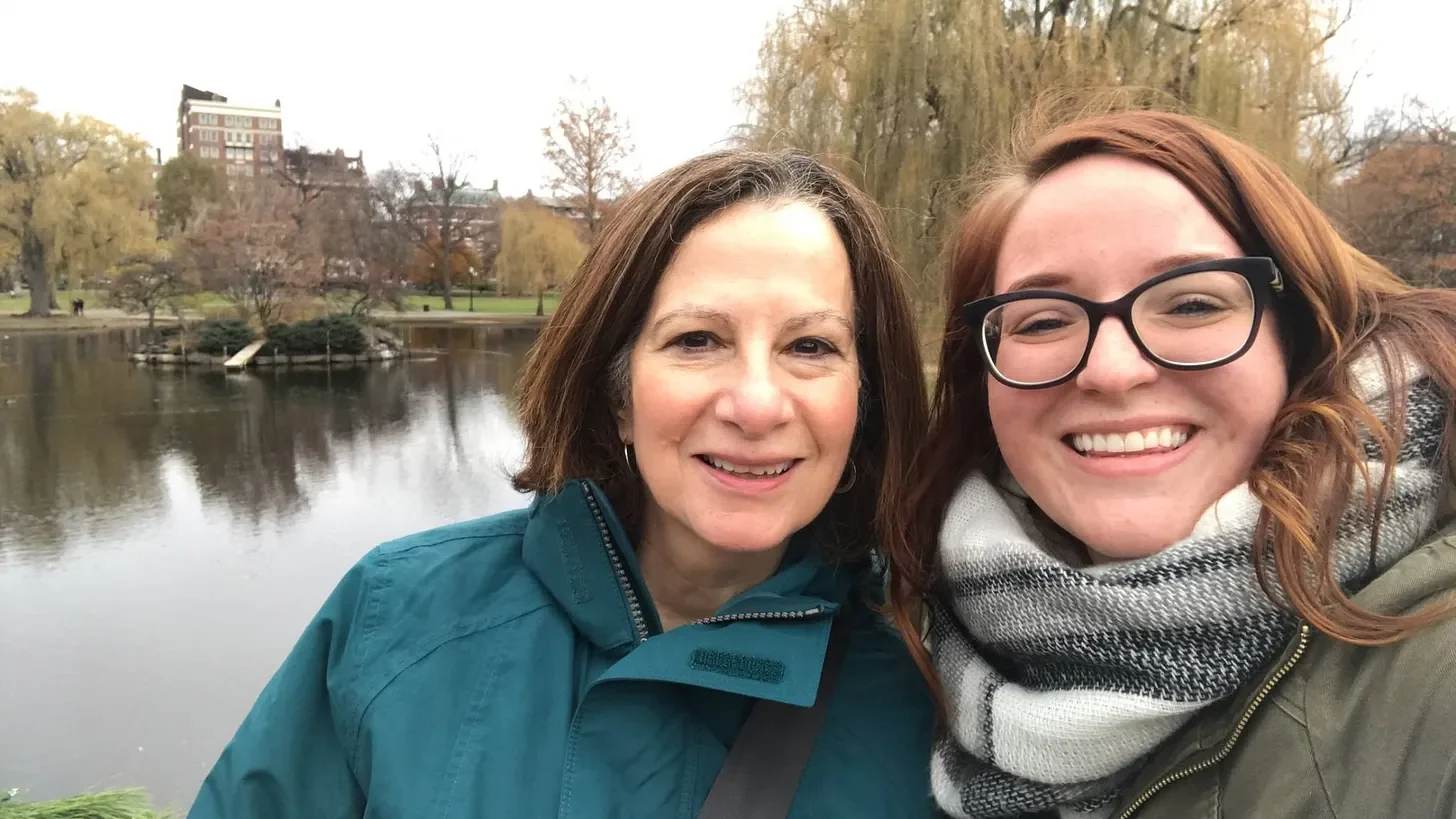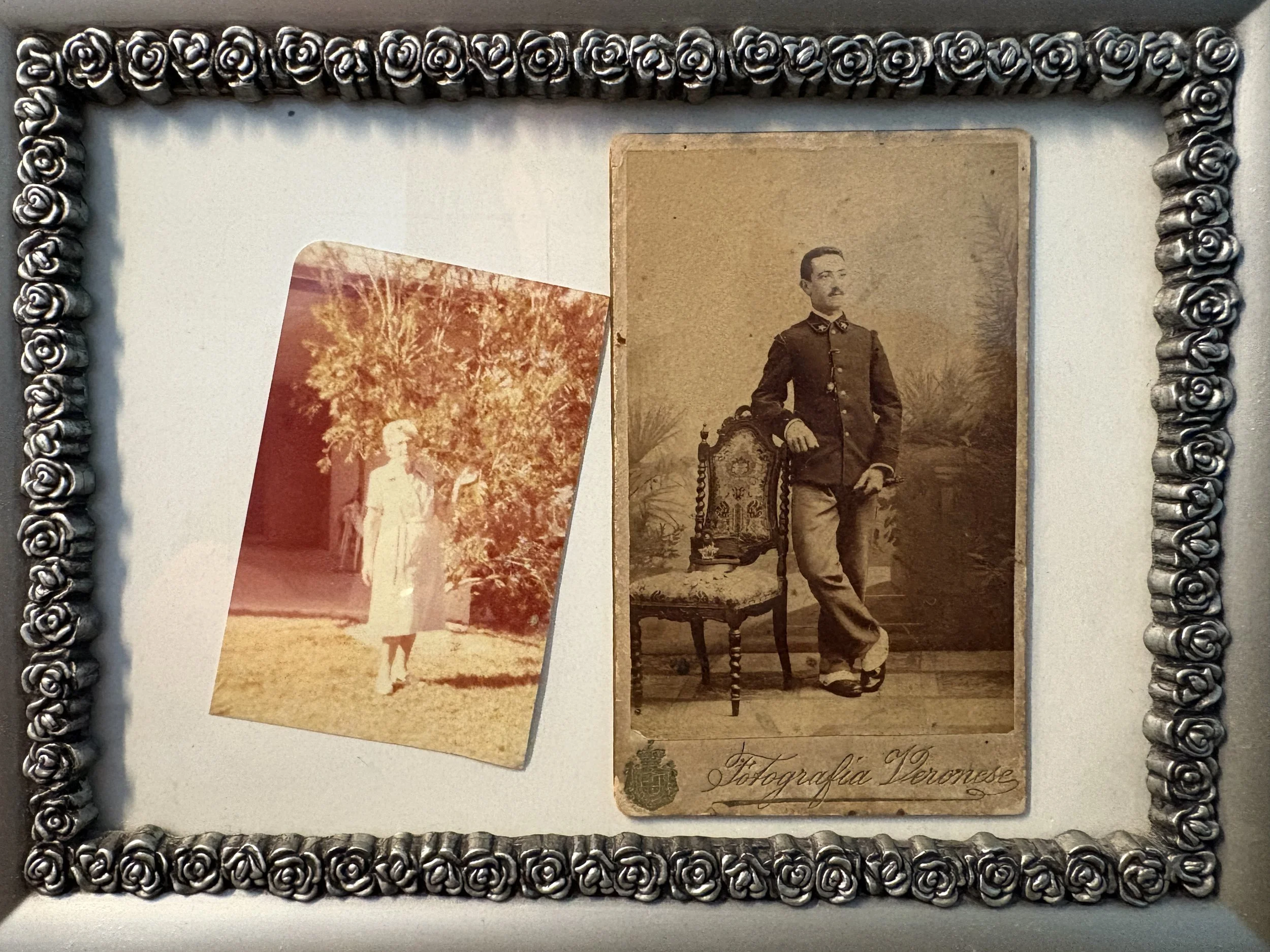What I Learned From a Woman I Never Met: A Story of Ancestral Connection
I never met my paternal great-grandmother.
I don’t know if I would have called her Nonna or her first name, Concetta.
I don’t know if we would have gotten along or butted heads between old and new generations— if she would have loved my fierce independence, or would she tolerate it and shake her head.
I don’t know if she would have taught me how to make family recipes. I don’t know if I would have sat at her feet while she told me stories of her youth in Sicily.
I never got to meet the matriarch of my family.
But I’ve met her in other ways.
I never had a large family growing up. My mom’s sisters live in Buffalo and Toronto. I have three cousins on that side who are 40+. My brother and I are seven years apart. It often felt like it was just us.
Concetta had five children. I don’t want children.
Can you imagine five? Maybe we would have bumped heads there, too. Or maybe—if Concetta lived in this era—she wouldn’t have had children.
One of her five children is my Aunt Ida, the family baby. I never met Aunt Ida, but she sent cookies every Christmas.
After she passed, her daughter Lynette found a card in her drawer addressed to my older brother. It was for his graduation, three months away.
Family and love meant everything to her.
I knew vaguely of Lynette growing up. I knew she was a writer. I knew she was Queer. I knew she lived in Boston with her partner. I knew her and my Mom had recently reconnected online and were sharing more family history.
When I was flying home from my master’s program in Scotland, I had an overnight layover in Boston.
I was broke, tired, and bone-deep sad to be closing a chapter in Scotland.
I messaged Lynette (our first conversation) and asked if I could crash on her couch for the night. I would be gone the next day.
She said, “Oh honey, we have a bed and you can stay more than a night.”
What started as a four-day trip turned into an eight-year relationship.
Lynette is my second cousin, and she is family. Her mother, my Aunt Ida, my grandfather (Ida’s brother) Phil, and Concetta would be so happy to see our relationship bloom.
I didn’t just find rest in Lynette's home—I found history.
The first night I landed with a year and a half of luggage. She opened the door at the first words out of my mouth…
You look like family.
I had never met extended family.
But something in the slope of her forearm, the crook of her smile, and her wicked wit told me all I needed to know.
That night, she had made Borsch.
I hate beets.
But I shut up and ate it—doing my best to pick around the roots and scoop up the meat.
Her partner found out three days later, when we were eating leftovers, and my side of the plate was suspiciously beet-free.
Lynette, why didn’t you get the girl pizza and fries? She’s just back from Europe!
I told Lynette I hated beets three years later.
She doesn’t cook beets when I visit now.
On one of my subsequent visits, Lynette had made chicken cutlets.
The scent of lemon, roasting red peppers, and Italian seasoned breadcrumbs wafted through the house.
The moment I heard the sizzle and pop of hot olive oil, my mouth began to water.
And much like I did as a child—when my mom would make them—I came racing into the kitchen.
A bit more sheepish this time.
I sat at the kitchen table, astonished. This was one of my favorite meals growing up.
I inhaled as much chicken as I could without choking—while trying to hold a conversation and not look like I’d been raised in a barn.
There were mashed potatoes on the table (handmade, of course—Lynette would never allow a box).
And corn. I hate corn. But I still ate it.
After I had my fill, I asked Lynette if this was a family recipe.
This was one of my first forays into my family history.
The antipasto, if you will.
And there was something in the warmth of the food, the hint of lemon, the hiss and pop of oil that told me: This is more than just dinner.
This was Concetta’s recipe.
She taught this to her daughters, Ida and Jenny. Lynetta ate it at their tables growing up, often paired with roasted red peppers or pepperoncino, a drizzle of oil and vinegar, always finished with fresh lemon juice.
Never forget the squeezed lemon juice, that makes all the difference.
Aunt Ida taught it to my mom’s mother, an Irish woman who married into an Italian family.
My mom learned it and made it for me and my brother.
I never ate Concetta’s cooking. But I taste her love every time I sit down and inhale chicken cutlets seasoned by four generations of care.
I’ve never cooked beside her, but when I make cutlets now, I hear her voice in my hands—in the way I reach for lemon juice without thinking.
I never saw Concetta in the flesh. But I see her when I look in the mirror.
In the slope of my nose.
In the curve of my cheekbone.
In the purse of my lips.
In the softness of my upper arm.
We share the same far-off, furrowed stare when lost in thought (or aggravated).
There’s an old film from family picnics in the park—food, gingham, dresses, and men in tank tops. I’ve seen it a few times. Only recently have I come to appreciate it. Now I scan for Concetta. I look for her gait, her stare, her half-smile.
My family delights in how much we resemble each other.
I take great pride in it.
Previously, all I had of Concetta was that she was “the matriarch.”
Then it was a few recipes.
Then it was our shared face.
Now I hold her rings.
On one of my many visits, Lynette walked into my room with a picture frame and a Ziploc bag.
Inside the frame: a photo of Concetta LiPomi Aronica and her husband, Calogero (Charles) Aronica.
Inside the bag: two rings—one thin gold band, one larger silver one etched with stars.
Concetta’s wedding rings.
Lynette slid them over to me, and I slid them on, hesitant.
My ring size is 9-10. Older jewelry rarely fits.
But this one slid on like it belonged there.
Because it did.
(And because you can’t outrun your genetics.)
Now, those rings occasionally sit on my finger when I need a bit of Concetta to carry me through the day.
I’m in a season where I’m rebuilding. Rerooting. Remembering.
And maybe that’s why I keep running into her.
Concetta was 15 when she came to America for a new life.
I am 32. And I feel like a navigator aboard a ship headed somewhere unknown.
How did she feel coming over to America? Was she scared? Was she brave?
Did she just do it anyway?
Concetta died just eight years before I was born.
And yet, somehow, she keeps showing up—
In my kitchen. In my mirror. In my sense of resilience.
Concetta means conception.
Renée means rebirth.
She is my history. I am her future.





